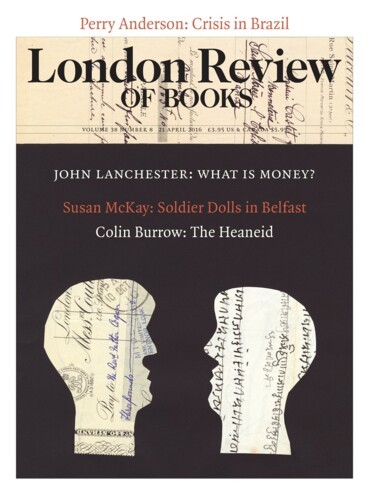Different Speeds, Same Furies: Powell v. Proust
Perry Anderson, 19 July 2018
There is no question that A la recherche du temps perdu was one of the preconditions of A Dance to the Music of Time, which could not have been written without the formal breakthrough A la recherche represented. But Lermontov and Fitzgerald were equally, in certain respects perhaps more, important as inspirations. Anthony Powell was no one’s epigone. When he is set beside Proust, it is not the connections between them, but the disparities in reception that are most significant. The literature on Proust is an ocean, at the latest count more than three thousand titles. On Powell, fewer than a dozen: seven studies from America, one each from France, Japan, Switzerland – and one from Britain. Figures like these have no conceivable relation to respective achievement. They call for other kinds of explanation.




